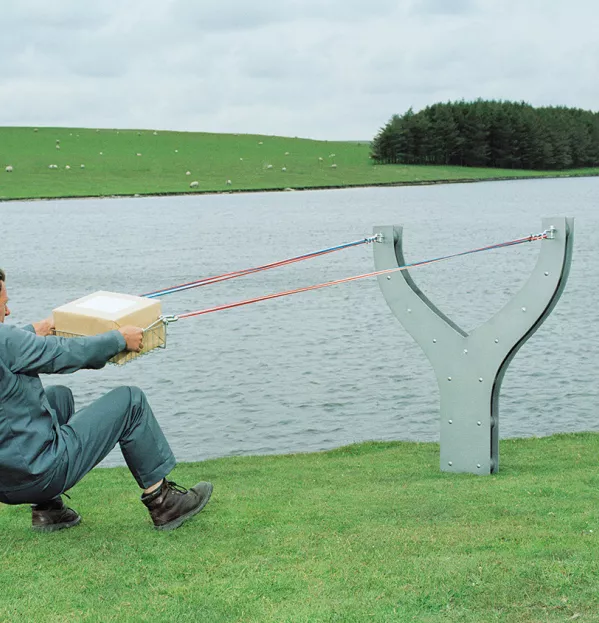Five ways to boost our nation’s school system

With Scottish education kicking back into gear after the summer break and MSPs recently returning to Holyrood, now is a good to time to reassess where things have gone wrong. Here are five actions that the Scottish government could take to boost education:
Apologise
It’s no secret that the well of teacher goodwill has been running dry in recent years. It’s never, ever going to happen, but I feel that a sincere mea culpa from the SQA, Education Scotland and the Scottish government - all of whom have been rescued from their own failures by the dedication of the teaching profession - would go a long way to repairing the strained relationships that hold together Scottish education.
Deliver a new deal for teachers
The need for more staff to replace the thousands lost over the last decade is well-documented, but the government should go even further.
After years of real-terms pay cuts - and with college lecturers having recently won their campaign for a national pay-scale reaching £40,000 a year - the government must realise that a proper pay rise for Scotland’s teachers is now unavoidable. This should come in the context of an entirely new deal for teachers that also reduces their class-contact time.
In Scotland, teachers spend more time in front of their classes than in almost any other comparable country, leaving little, if any, time for the other things - collaboration with colleagues, engagement with research, professional reflection - that underpin educational excellence.
A new approach would not only transform the working lives of existing teachers, but also do more to boost the status of the profession than the desperate adoption of a Tartan Teach First ever could.
Transparent policy-making
Two important education policies of the last couple of years have been characterised by a policy process that should be a source of shame to the SNP.
The imposition of national standardised testing is based on four unsolicited emails and a series of unminuted meetings, while changes to school governance are about to be forced through despite the half-baked and thus far uncosted plans roundly rejected during the government’s own consultation process.
This blinkered policy-making will always put politicians’ needs before those of pupils. Although the government continues to insist these “reforms” are about supporting teachers who didn’t ask for them, they are designed to solve political problems. We deserve better.
Stop demanding miracles
Perhaps the biggest barrier to improving Scottish education is the widely-held belief that schools can solve deep-seated social issues.
There is no such thing as the “attainment gap”, there is only the poverty gap. Educational inequality is not, primarily, an educational issue, but a social one. The majority of factors affecting educational attainment are beyond the control of schools.
We can continue to tinker round the edges of the system - a state-funded tutoring programme here, some accounting sleight-of-hand there - but the truth is: if we continue to live in an unequal society, we will continue to struggle with an unequal education system.
Until those in power are prepared to really accept this and act accordingly, we will continue to fail far too many children.
Pursue radical changes
We are still constrained by small-C conservative thinking. But if the government ever does decide to get truly radical, there are two policies it should pursue.
The first is an increase in the school starting age, as advocated by the increasingly popular Upstart Scotland campaign. If aligned with the establishment of universal, high-quality and professionally delivered early-years provision - a process that should involve this sector being brought within the realms of state provision - this change could be transformative, with benefits extending into social and economic areas.
The second opportunity concerns private schools. At present nearly 30,000 children, the vast majority from wealthy families, are opted-out of the state education system. Imagine how different the discourse around Scottish education would be if all of those parents, with all of their social capital and political clout, were suddenly invested in the state system in the same way that the vast majority of parents have no choice but to be.
Private schools maintain the sort of inequality a progressive country should be combatting. Stripping them of their charitable status is a no-brainer, but the really radical move would be to end fee-paying education entirely.
James McEnaney is a journalist, FE lecturer and former secondary teacher
You need a Tes subscription to read this article
Subscribe now to read this article and get other subscriber-only content:
- Unlimited access to all Tes magazine content
- Exclusive subscriber-only stories
- Award-winning email newsletters
Already a subscriber? Log in
You need a subscription to read this article
Subscribe now to read this article and get other subscriber-only content, including:
- Unlimited access to all Tes magazine content
- Exclusive subscriber-only stories
- Award-winning email newsletters